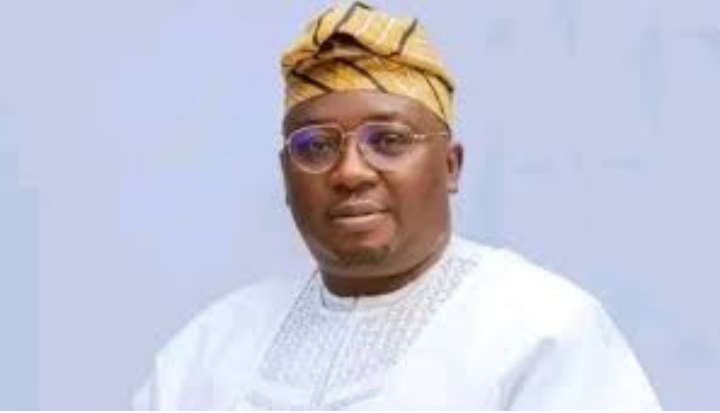In a major move to revive Nigeria’s struggling electricity distribution sector, the federal government has unveiled plans to implement sweeping reforms, beginning with a pilot overhaul of two underperforming Distribution Companies (DisCos).
This initiative follows a detailed assessment of the systemic challenges bedeviling the sector—ranging from governance lapses and infrastructure deficits to persistent commercial inefficiencies.
Minister of Power, Chief Adebayo Adelabu, announced the reform plan after a strategic meeting with the Japanese International Cooperation Agency (JICA) in Abuja. During the meeting, a comprehensive roadmap titled “Revamping of the Distribution Sector in Nigeria” was presented.
According to a press statement from the Minister’s Special Adviser on Strategic Communications and Media Relations, Mr. Bola Tunji, the pilot scheme is scheduled to commence between May and August 2025. It will focus on transforming one DisCo in the North and another in the South.
The goal is to create a replicable model for turnaround through a blend of internal restructuring, external technical support, and robust federal oversight—ultimately aimed at improving service delivery nationwide.
JICA’s proposal advocates for reforming DisCos “from within” by embedding external experts, enhancing leadership capacity, and aligning government support with clearly defined, short-term targets in the pilot regions. The approach is designed to establish a foundation for sustainable, sector-wide transformation.
Minister Adelabu emphasized the urgency of the intervention, saying:
“We can no longer fold our hands and watch the inadequacies of DisCos whose performances fall short of expectations. This pilot is not optional—we will use regulatory authority to restructure underperforming DisCos and compel compliance if necessary.”
He also addressed financial and structural issues plaguing the sector. Notably, over N4 trillion in debt remains a major concern. Adelabu acknowledged that while some DisCos have been reluctant to invest in infrastructure, this is often due to weak incentives rather than unwillingness.
“Returns on infrastructure spending are not commensurate. We must attract investors and franchise both viable and underperforming areas to capable operators. That way, we create a balanced mix,” he explained.
The Minister has directed the Nigerian Electricity Regulatory Commission (NERC) to enforce franchising policies and ensure DisCos’ cooperation.
“NERC must secure their buy-in. Past efforts failed due to resistance, but this time, we will be intentional and decisive,” he added.
Public education also forms a key pillar of the reform strategy. Adelabu stressed the importance of helping Nigerians understand the distinct roles of generation, transmission, and distribution within the power value chain.
“Many Nigerians still view the sector as a single entity. Educating consumers is critical to building trust and support for these reforms.”
JICA’s roadmap, shaped by insights from the Minister’s earlier visit to Japan’s energy sector, calls for a holistic approach that includes close government-agency collaboration and clearly measurable milestones.
Takeshi Kikukawa, JICA’s Power Sector Policy Advisor to Nigeria, noted:
“The goal is to deliver immediate results in pilot areas while creating a sustainable foundation for nationwide improvement.”
The Federal Ministry of Power and NERC will finalize implementation details in the coming months, prioritizing DisCos with the most severe operational deficits.
This pilot reform marks the federal government’s most ambitious effort yet to resolve Nigeria’s power distribution crisis—signaling a renewed push for accountability, investor confidence, and consistent electricity access for millions.

